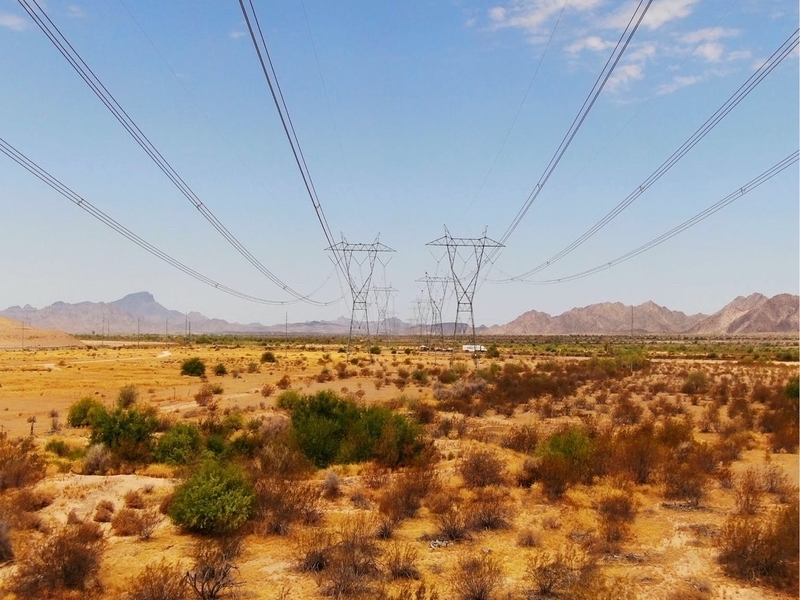Clean Energy Buyers Association Applauds Passage of California Bill to Improve Electricity Resource Planning and Grid Reliability

The Clean Energy Buyers Association (CEBA) welcomes the California Legislature’s passage today of California Assembly Bill 2368, which aims to improve the effectiveness of California’s electricity planning and procurement process. Addressing California’s current electricity procurement and grid reliability challenges is crucial, and CEBA urges California’s governor and state agencies to expedite signing the bill and implementing the recommended improvements.
“Grid planners in California have acknowledged the challenges to electricity resource adequacy and grid reliability within the state, and CEBA sponsored this legislation to tackle some fundamental energy planning issues,” said Heidi Ratz, CEBA’s deputy director of market and policy innovation for the West. “As our grid faces unprecedented pressures, including extreme weather and demand growth, California leaders must have a sense of urgency in implementing sound resource adequacy planning and procurement processes.”
The CEBA-sponsored legislation encourages the California Public Utilities Commission to adopt a transparent and widely used planning standard for resource adequacy and develop a rolling reliability assessment that looks two to five years into the future, to better anticipate potential procurement shortfalls and resulting reliability issues. The bill also requires better information sharing with the California Independent System Operator (CAISO), to enable CAISO to conduct its own reliability modeling and ensure CAISO can meet its own regulatory obligations to keep the lights on.
Modernizing the framework that governs the planning and procurement of electric generation in California is imperative to businesses and communities. The solutions in AB 2368 would help ensure the grid can support businesses and communities with a reliable power supply that drives economic growth, protect ratepayers from price increases caused by emergency purchases, reduce the reliance on the oldest and most polluting gas plants, and reduce the potential for dangerous blackouts.
More than 140 CEBA members have operations in California, 24 are headquartered in the state, and several members rank among the state’s largest energy customers.
